Decentralized exchanges (DEXs) are bringing a revolution to the cryptocurrency space, which is currently still dominated by centralized platforms. By building directly on the blockchain, projects are trying to overcome some of the biggest downfalls of centralized exchanges. When using a centralized exchange, you have to essentially hand over your coins to them, and trust that they will store them competently and honestly. Changes are also vulnerable to hacks or interventions from regulatory authorities, who can shut them down and make your funds unavailable.
Blockchains, on the other hand, function 24/7 and their decentralized design makes them almost impossible to shut down; which essentially puts to rest the questions, “Is Uniswap safe?” and “Can I trust DEXs with my coins?” There have been many different approaches to decentralized trading, but it seems like the winning formula was found by Uniswap, at least for now.
Even though Uniswap is still a great place to trade, there's a number of Uniswap alternatives that can perform certain tasks better. In this article, we will be showcasing 12 Uniswap alternatives that can take your decentralized trading to the next level.
Uniswap is the standard for DEX trading
If you’re at all familiar with decentralized finance (DeFi), you’ve probably already heard of Uniswap. This pioneering protocol was the first to introduce the automated market maker (AMM) design, which has since become the standard for decentralized cryptocurrency trading.
In AMMs, there is no order book like what you would find on a decentralized exchange. Instead, liquidity providers (LPs), supply their tokens into liquidity pools. For example, if you want to provide liquidity to a $USDC-$ETH pool, you need to supply $ETH and $USDC. If a trader were to tap into this pool’s liquidity to exchange $USDC for $ETH, the price of $ETH would increase because there would now be more $USDC in the pool and less $ETH.
In AMM exchanges like Uniswap, the total value of both types of tokens held by the pool needs to be equal. For example, if there are 1,000 $USDC and 10 $ETH in a pool, the price for acquiring $ETH from the pool is 100 $USDC (plus a transaction fee).
Of course, this is just a surface-level explanation of how an AMM like Uniswap works. What’s important for the purposes of this article is that Uniswap and similar platforms allow you to trade cryptocurrencies directly on the blockchain on a 24/7 basis, wherever in the world you are.
Also, DEXs can facilitate the cheapest $ETH swaps and swap ERC20 tokens more competitively than their centralized counterparts. What’s even better is that you don’t have to deposit your crypto to a third party – all the trades are executed automatically through smart contracts that are deployed on the blockchain.
On Uniswap and other AMMs, you can also choose to provide liquidity to a pool, and collect rewards from the transaction fees that users pay to perform token swaps.
Trade on Uniswap
At the time of writing, Uniswap has a 24-hour volume of $1.7 billion, and over $2 billion worth of assets in TVL (total value locked).
Top 12 Uniswap Alternatives - Similar On-chain Swap Platforms
Uniswap’s success has spawned numerous competitors and copycats, but the competition ultimately drives developers to add innovative features to attract users to their side. In this article, we will be checking out the top 12 alternatives to Uniswap that you can use for your decentralized crypto trading needs. Most of them employ a similar AMM concept to Uniswap, but some of them, like dYdX and Synthetix, offer their own unique approaches.
- 1inch - Best multichain alternative
- PancakeSwap - Best alternative for $BNB Chain BEP20 tokens
- SushiSwap - Multiple chain alternative with additional features
- QuickSwap - Low fee alternative deployed on Polygon
- dYdX - Derivatives and margin trading alternative
- $GMX - A highly efficient decentralized derivatives platform
- Binance DEX - CEX-like alternative on $BNB Chain
- Serum - Best alternative built on Solana
- Kwenta - Low slippage and derivative tokens
- SunSwap - TRON-based decentralized trading alternative
- CoW Swap - A DEX aggregator with MEV protection
- DODO DEX - Best alternative for reduced impermanent loss risk
- Orca - The most popular DEX on Solana
- Osmosis - A feature-packed DEX for the Cosmos ecosystem
1. 1inch - Best multichain alternative
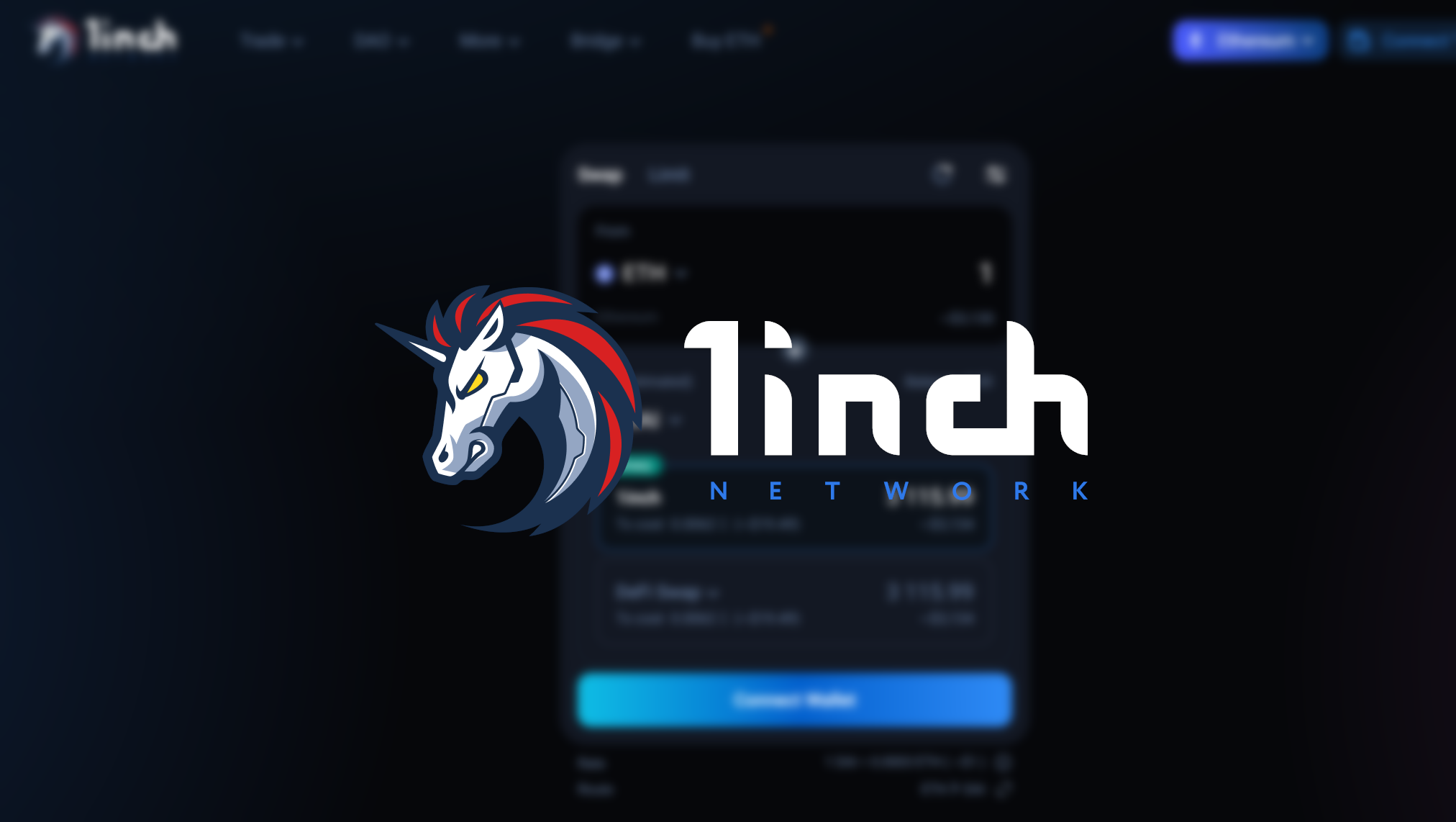
1inch is a DeFi project that’s active across multiple blockchains – they have created solutions for Ethereum, Polygon and Binance Smart Chain. 1inch have launched their own AMM called Mooniswap, but most users know them for their DeFi aggregator protocol.
Let’s say that you want to swap some of your $ETH for DAI. 1inch will then scour through different DeFi protocols in order to find the most efficient swap for you, and it even gives you the option to either optimize for the highest return or the lowest gas costs. 1inch splits orders across multiple decentralized exchanges, in order to minimize slippage and give you the most out of your crypto.
A very unique aspect of 1inch is that it also supports limit orders, which are a rarity in the DeFi space. You can simply set the token you want to spend and the token you want to receive, set a desired price and the duration of the order. If the price of the token moves to the price you specified, 1inch will automatically execute the trade for you at the best rates available on the market.
1inch also features the 1INCH token, which serves both as a utility and governance token.
1inch summary
- DeFi aggregator
- Supports Ethereum, Polygon and Binance Smart Chain
- Automatically finds the most efficient route for token swaps
- Supports limit orders
Trade on 1inch
2. PancakeSwap - Best alternative for $BNB Chain BEP20 tokens
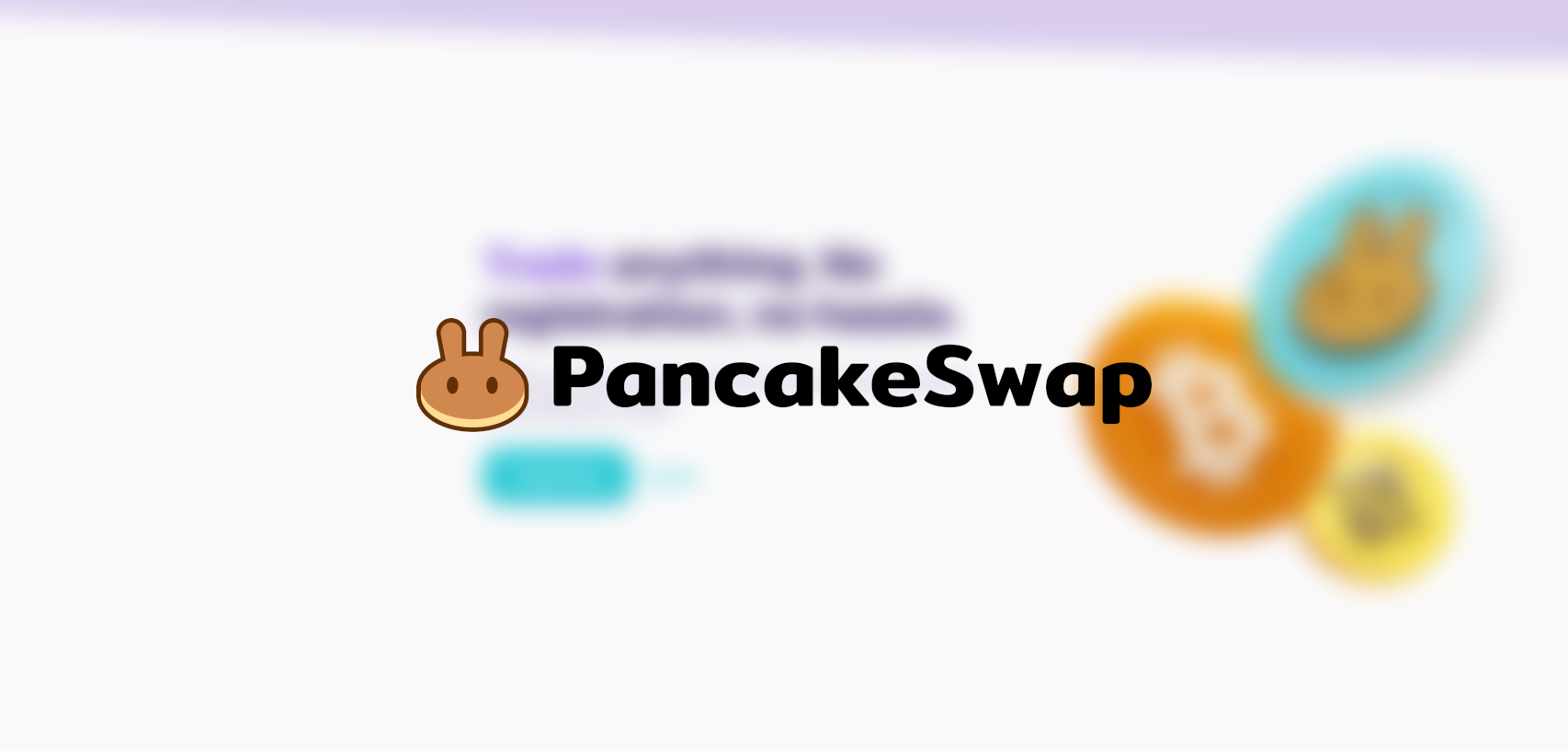
PancakeSwap is the most popular decentralized exchange on the Binance Smart Chain blockchain. It functions very similarly to Uniswap, but the project has also introduced some unique features to reward their users.
PancakeSwap lets you instantly swap between different BEP-20 tokens that operate on the Binance Smart Chain blockchain. The platform also has its own token called $CAKE, which performs a number of functions in the PancakeSwap ecosystem. For example, you can stake your $CAKE tokens in “Syrup Pools” to earn more $CAKE tokens, or even other types of tokens in some cases.
The PancakeSwap platform also has other features like yield farming, where you can stake your LP Tokens to earn $CAKE tokens. Another unique part of PancakeSwap are initial farm offerings or IFOs, where users have the opportunity to earn newly launched tokens from projects. For all the aforementioned reasons, PancakeSwap is widely regarded as one of the best Uniswap alternatives.
PancakeSwap summary
- Top decentralized exchange on Binance Smart Chain
- Has its own token called $CAKE
- Swap between BEP-20 tokens or earn fees by providing liquidity
- Supports yield farming, Syrup Pools, IFOs and other innovative features
Trade on PancakeSwap
3. SushiSwap - Multiple chain alternative with additional features
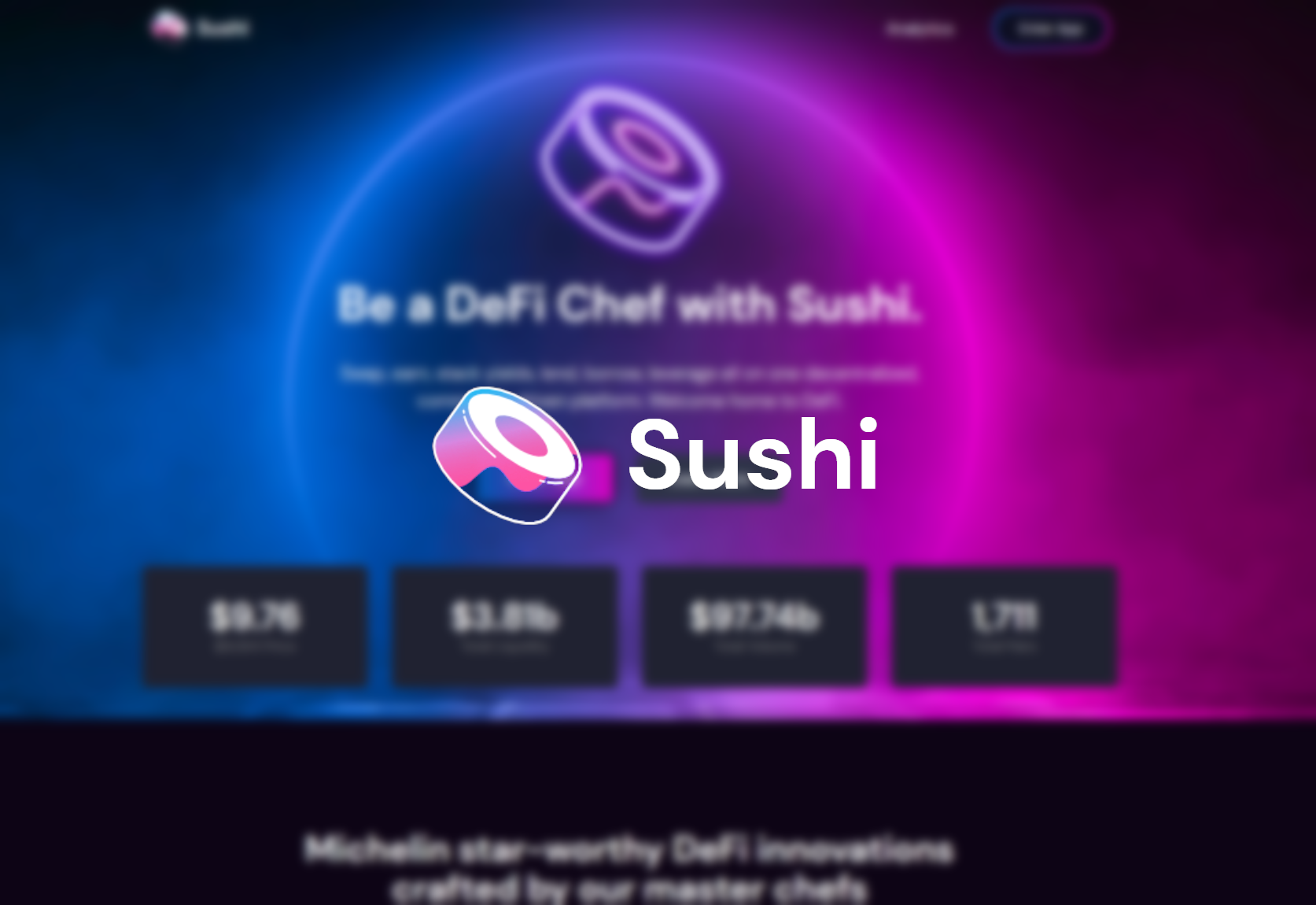
SushiSwap is one of the biggest Uniswap competitors on Ethereum, but the team has also expanded the protocol to other blockchain platforms like Polygon, Binance Smart Chain, Fantom and others.
SushiSwap was launched in August of 2020 as a fork and direct competitor to Uniswap. However, the team made one big change to their product that Uniswap wasn’t offering at the time. By depositing Uniswap LP tokens to SushiSwap, users could earn $SUSHI tokens, which could then be staked to earn a portion of the total fees generated by SushiSwap. This strategy proved to be immensely effective, and SushiSwap was at one point a real threat to overtake Uniswap as the number one decentralized exchange at the time.
Uniswap later defended itself from this “vampire attack” by launching their own token called UNI, which brought the odds back in its favor.
Regardless of how SushiSwap started, the project has taken a life of its own and is supported by a very strong community of users and developers. The SushiSwap protocol has been deployed to other blockchain platforms besides Ethereum, and the broader Sushi ecosystem now offers a pretty comprehensive set of DeFi features like yield farming, lending and staking.
Whether you’re looking to swap between token on-chain or engage with DeFi in some other way, SushiSwap and the Sushi ecosystem are definitely an option worth considering.
SushiSwap summary
- Decentralized exchange on Ethereum, Polygon, Binance Smart Chain, Fantom and other platforms
- Swap tokens or provide liquidity
- Has its own governance token called $SUSHI
- The Sushi ecosystem also offers yield farming, lending, staking and more
Trade on SushiSwap
4. QuickSwap - Low fee alternative deployed on Polygon
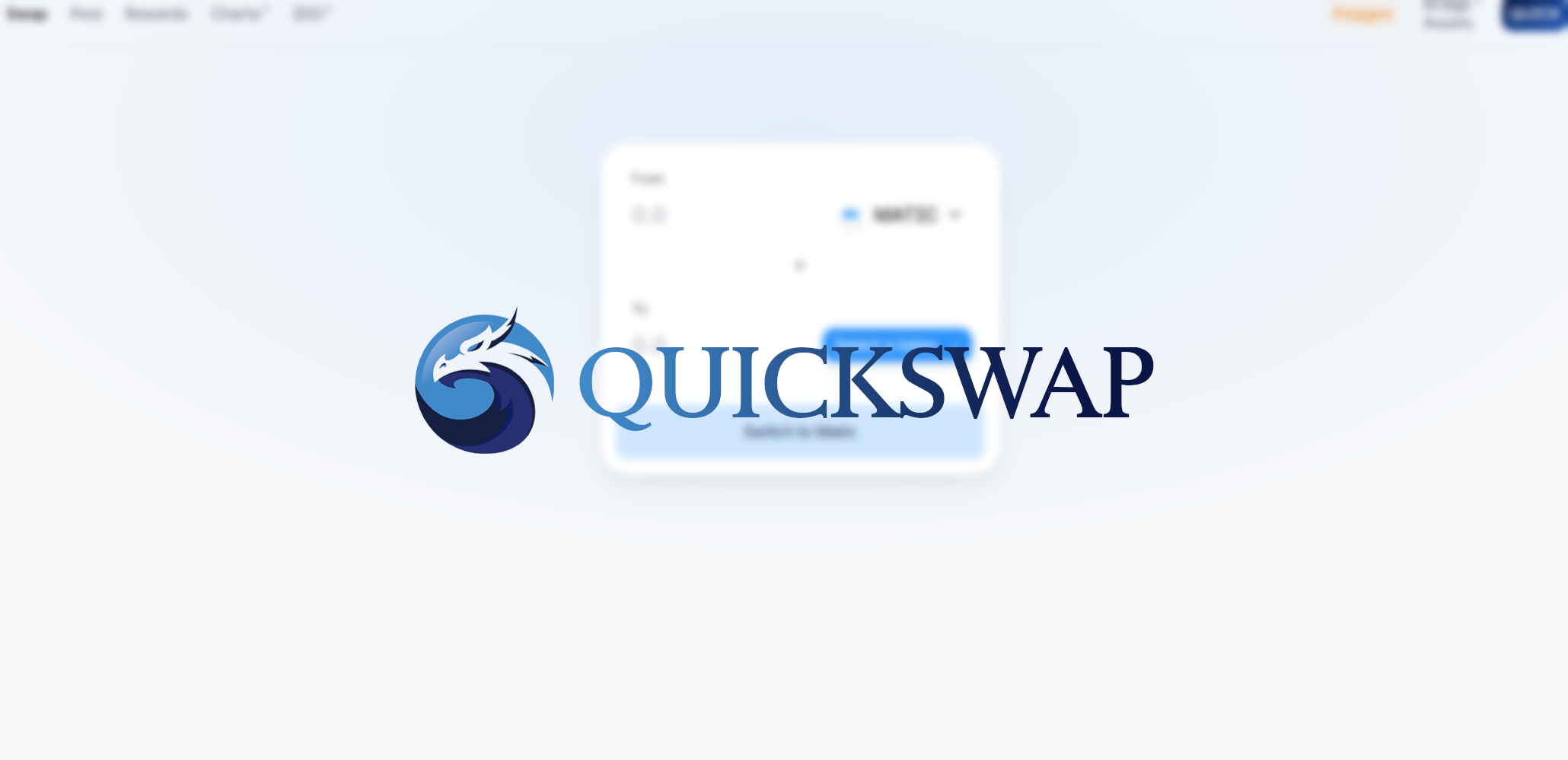
QuickSwap is a fork of Uniswap that’s deployed on the Polygon blockchain. Polygon is a scalability solution that offers lower fees and faster transactions than Ethereum. QuickSwap offers the standard AMM functionality of swapping tokens and providing liquidity.
However, QuickSwap does have some tricks up its sleeve – it features a liquidity mining program, where users can deposit their LP Tokens in order to earn the QUICK governance token. QuickSwap now also supports IDOs, or initial DEX offerings. IDOs give users a chance to purchase tokens that are being launched by up-and-coming crypto projects.
If you’re exploring the Polygon as a way to cut down on your transaction costs, QuickSwap is certainly a DEX that’s worth checking out.
QuickSwap summary
- Decentralized exchange on the Polygon blockchain
- Uses the AMM model popularized by Uniswap
- Can be a good option if you want to save on Ethereum transaction fees
- Has its own governance token called QUICK
Trade on QuickSwap
5. dYdX - Derivatives and margin trading alternative
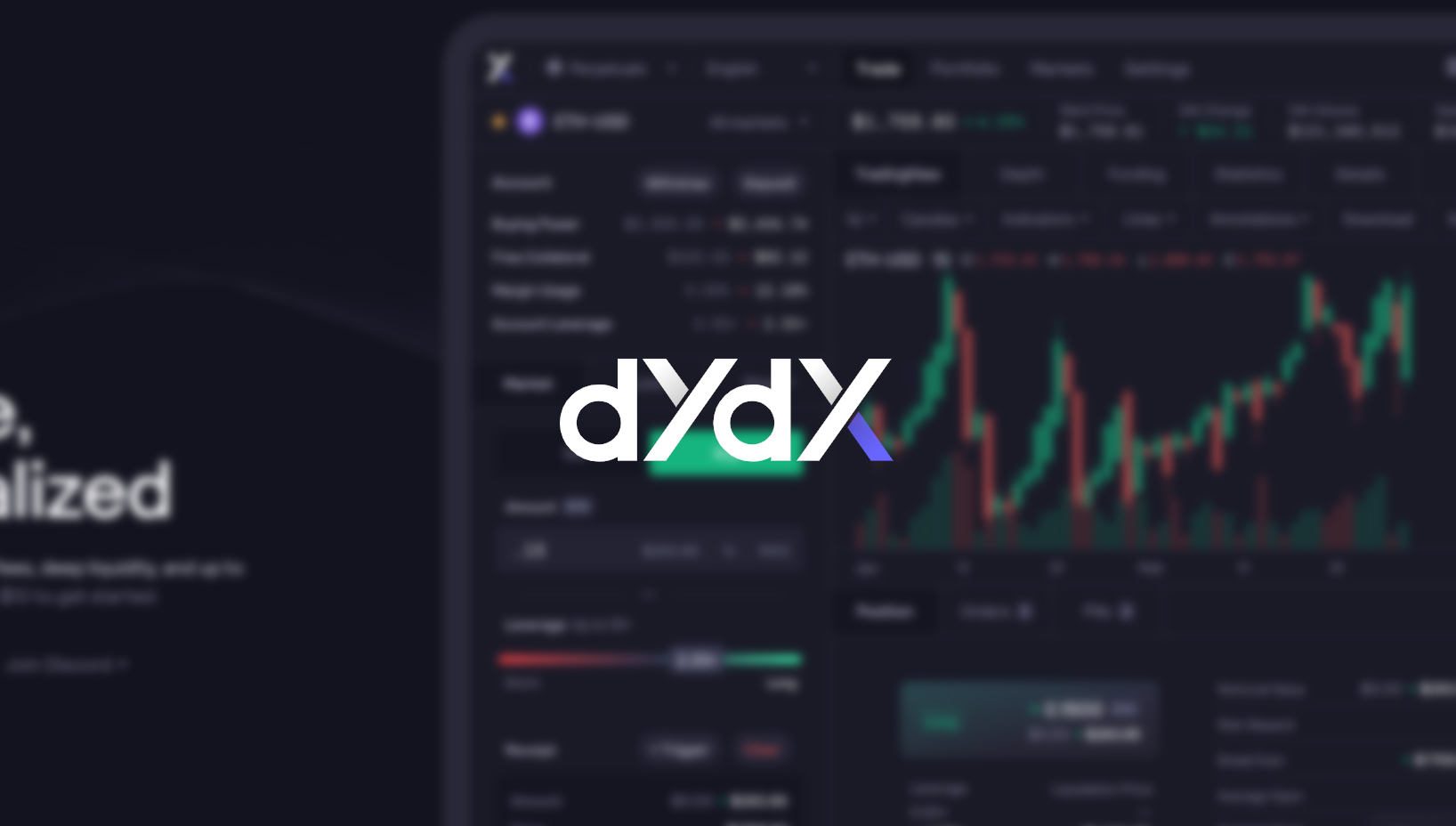
dYdX is an Ethereum-based decentralized trading platform that specializes in derivatives and margin trading. As you probably know, trading in derivatives like futures contracts and options is currently dominated by centralized exchanges like Binance Futures and Bybit. dYdX is attempting to change this by bringing derivatives on-chain, through Ethereum smart contracts.
dYdX’s most unique feature are its perpetual contracts, which you can use like the perpetual contracts that are popular on centralized exchanges. They allow you to enter leveraged positions and speculate on the price movements of various cryptocurrencies, giving you an opportunity to go either long or short.
Through a partnership with Starkware, dYdX has deployed its perpetual contracts on the StarkEx layer 2 Ethereum scalability solution. StarkEx enables transactions to be processed much cheaper than Ethereum’s layer 1, making dYdX a viable option for active traders.
Currently, the dYdX platform is in the process of launching its DYDX governance token, which will likely expand the functionality of the platform even further.
dYdX summary
- Decentralized leverage trading platform
- Perpetual contracts on StarkEx layer 2, providing cheaper transactions
- Users can speculate on the price movements even for tokens that are not on Ethereum
- Also offers margin and spot trading on Ethereum layer 1
Trade on dYdX
6. $GMX - A highly efficient decentralized derivatives platform
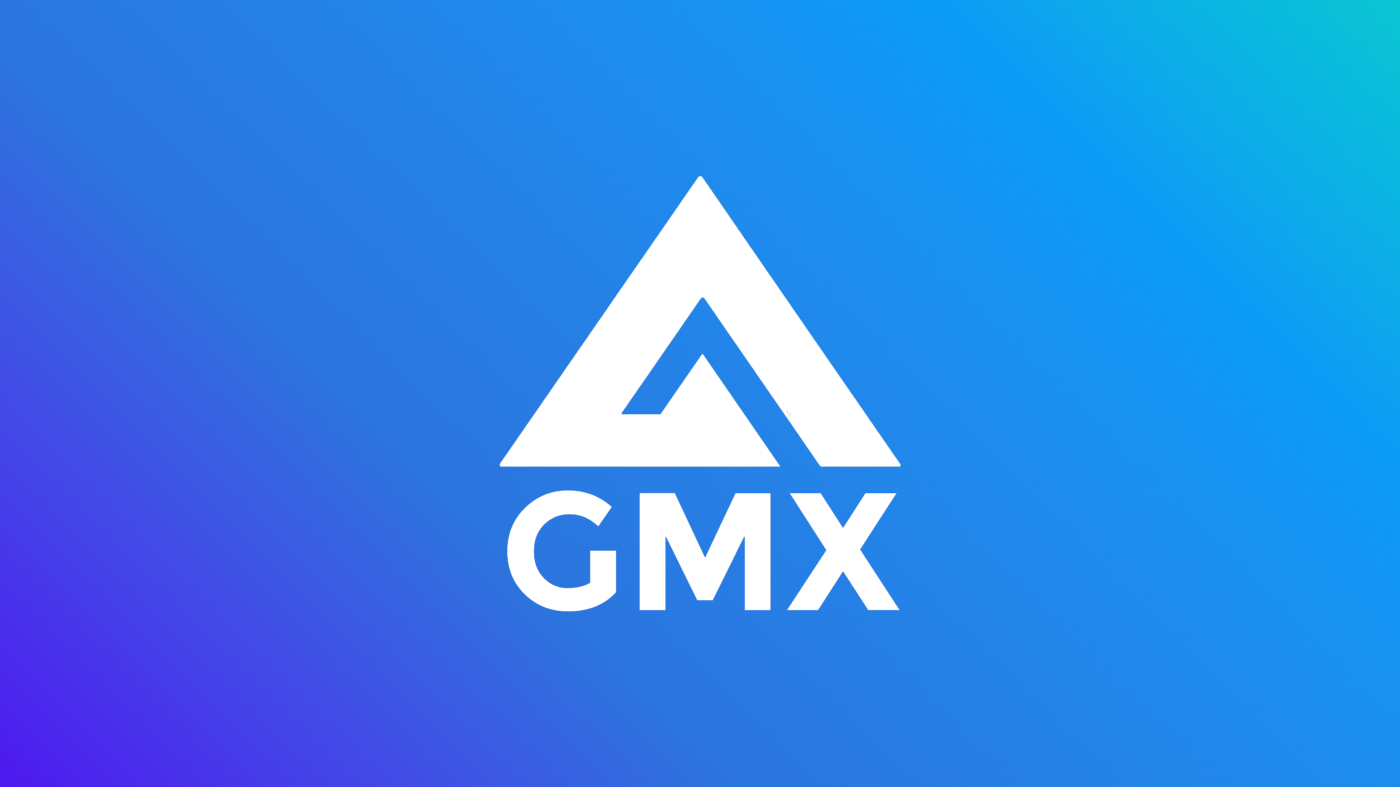
$GMX is a decentralized cryptocurrency exchange specialized in derivatives, more specifically perpetual futures contracts. The $GMX exchange is currently available on the Arbitrum and Avalanche blockchain platforms.
The $GMX ecosystem features two tokens: $GMX and GLP. $GMX is a utility and governance token which accrues 30% of the fees collected on the $GMX exchange. Meanwhile, GLP is the platform’s liquidity provider token, which accrues 70% of the fees collected on the exchange.
GLP represents an index that currently consists of 8 different crypto assets which are supported on the $GMX exchange for swaps and leverage trading. Users can mint GLP by supplying any of the supported assets to the pool, or redeem GLP for assets held by the pool.
The platform supports trading with up to 50x leverage, which is competitive compared to most centralized crypto derivatives platforms. Recently, the $GMX team has launched a beta version of their v2 protocol, which offers more assets, supports multiple collateral types, and provides faster trade execution speeds.
$GMX summary
- Trade perpetual contracts with leverage on chain
- Available on Arbitrum and Avalanche
- Trade top coins such as $ETH, BTC and LINK
- Up to 50x leverage
Trade on $GMX
7. Binance DEX - CEX-like alternative on $BNB Chain
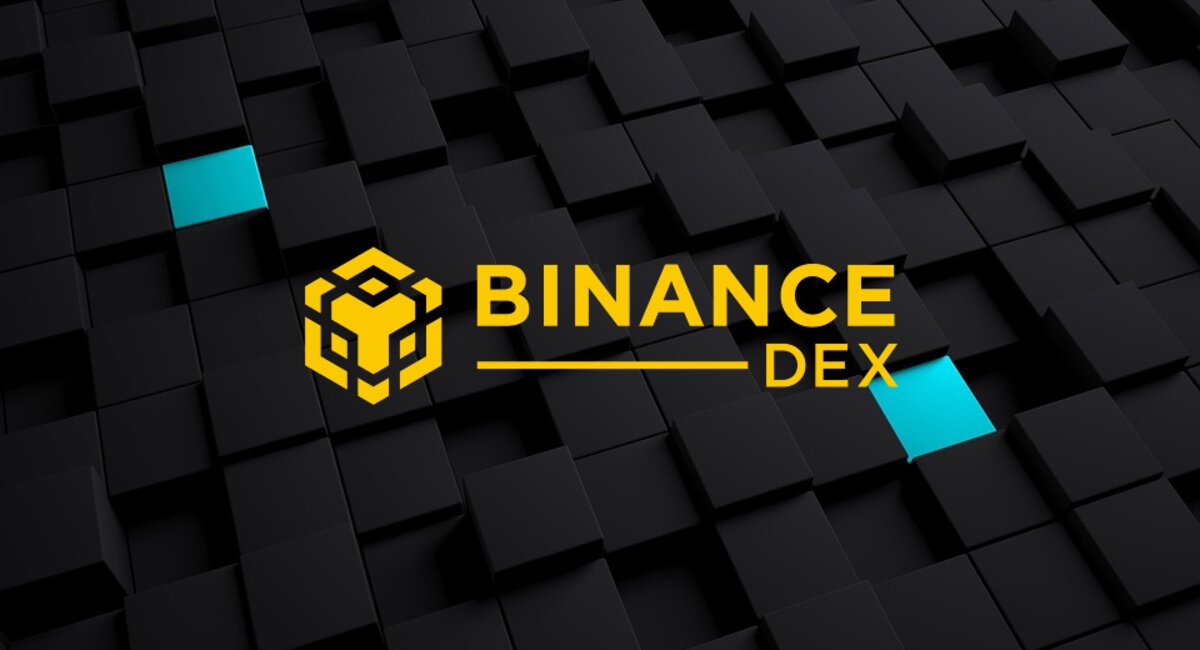
Binance DEX is a decentralized cryptocurrency exchange originally developed by Binance. It was launched in April of 2019, and offers a trading experience that’s very similar to trading on centralized exchanges. Binance DEX is built on Binance Chain, a blockchain that Binance specifically designed for the decentralized trading use case. Binance Chain uses $BNB as its native asset and is also interoperable with Binance Smart Chain, which is currently much more popular.
Like other DEXes, Binance DEX is non-custodial, which means that you stay in control of the private keys to your cryptocurrency – you don’t have to deposit it to someone else and trust that they will take good care of it.
If you’re used to trading on centralized exchanges but want to give decentralized exchanges a try, Binance DEX can be a good place to start. However, decentralized exchanges using the AMM model have turned out to be more popular among traders.
Binance DEX summary
- Decentralized exchange created by Binance
- Offers a similar interface and trading experience to centralized exchanges
- Functions on Binance Chain
- Non-custodial design
Trade on Binance DEX
8. Serum - Best alternative built on Solana

Serum is a decentralized exchange built on Solana, a blockchain platform that’s designed with a focus on scalability. Solana users can take advantage of Wormhole, a solution for bridging ERC-20 tokens over to the Solana blockchain.
The goal of the Serum project is to deliver a decentralized exchange that rivals its centralized counterparts both in terms of performance and user experience.
Indeed, the Serum DEX interface looks more like what you’d typically see on a centralized exchange. There’s a price chart in the middle, an orderbook, and a section for submitting your orders. When trading on Serum, you can submit limit orders, which is a fairly unique feature in the DeFi space.
The Serum project has a utility and governance token called SRM. The token is available on both Solana and Ethereum and provides benefits for holders when using the Serum exchange.
Notably, the Serum project is backed by prominent players from the cryptocurrency space, such as Alameda Research, Multicoin Capital, FTX, and others.
Serum summary
- Decentralized exchange built on the Solana blockchain
- Provides a similar experience to centralized exchanges
- Fast and cheap transactions thanks to Solana’s scalability
- SRM governance and utility token
Trade on Serum
9. Kwenta - Low slippage and derivative tokens alternative
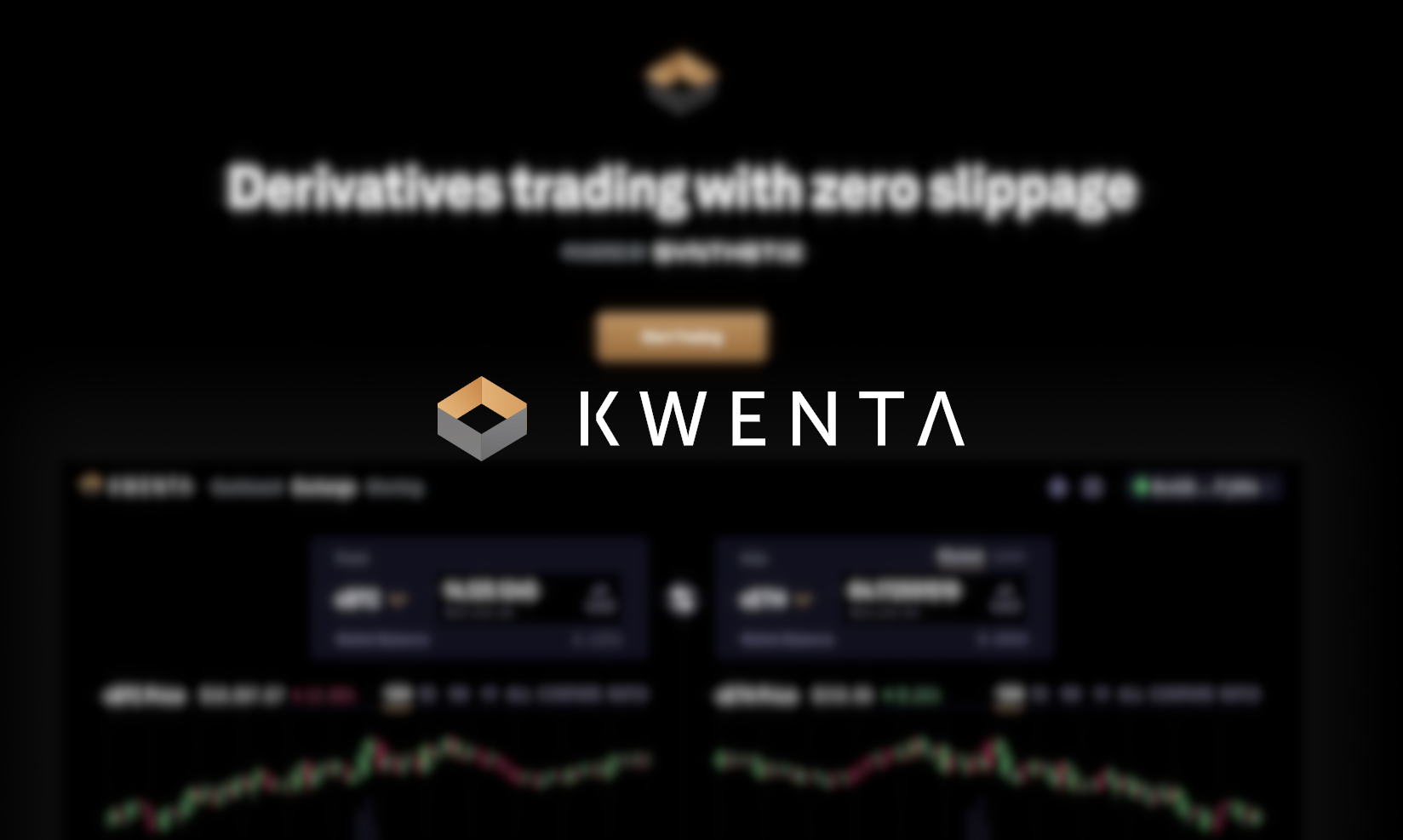
Kwenta is a decentralized exchange powered by Synthetix, a unique DeFi protocol that enables the creation of derivative tokens, or “Synths”. The idea behind Synths is that they are tokens that track the price movements of other assets, for example, fiat currencies like USD and EUR, other crypto assets like Bitcoin, and even stocks and stock market indices.
The Kwenta DEX uses a peer-to-contract (P2C) model, where trades are executed against Synthetix smart contracts. This combats some of the biggest shortcomings of peer-to-peer models and provides better liquidity and lower slippage. Another interesting feature of Kwenta is that all Synths supported by the Synthetix protocol can be traded against each other – there’s no limited set of trading pairs that users have to choose from.
Kwenta is an interesting option for users who are looking for a DEX but would like to expand their trading beyond just standard crypto tokens. Kwenta allows users to gain exposure to real-world assets and other cryptocurrencies in a non-custodial manner while staying on the Ethereum blockchain.
Kwenta summary
- Powered by the Synthetix protocol
- Users can trade Synths, which are tokens that track other assets
- Gain exposure to equities, indices, forex, and other cryptocurrencies while staying on Ethereum
- Has a Layer 2 deployment on Optimistic Ethereum for better scalability
Trade on Kwenta
10. SunSwap - TRON-based decentralized trading alternative
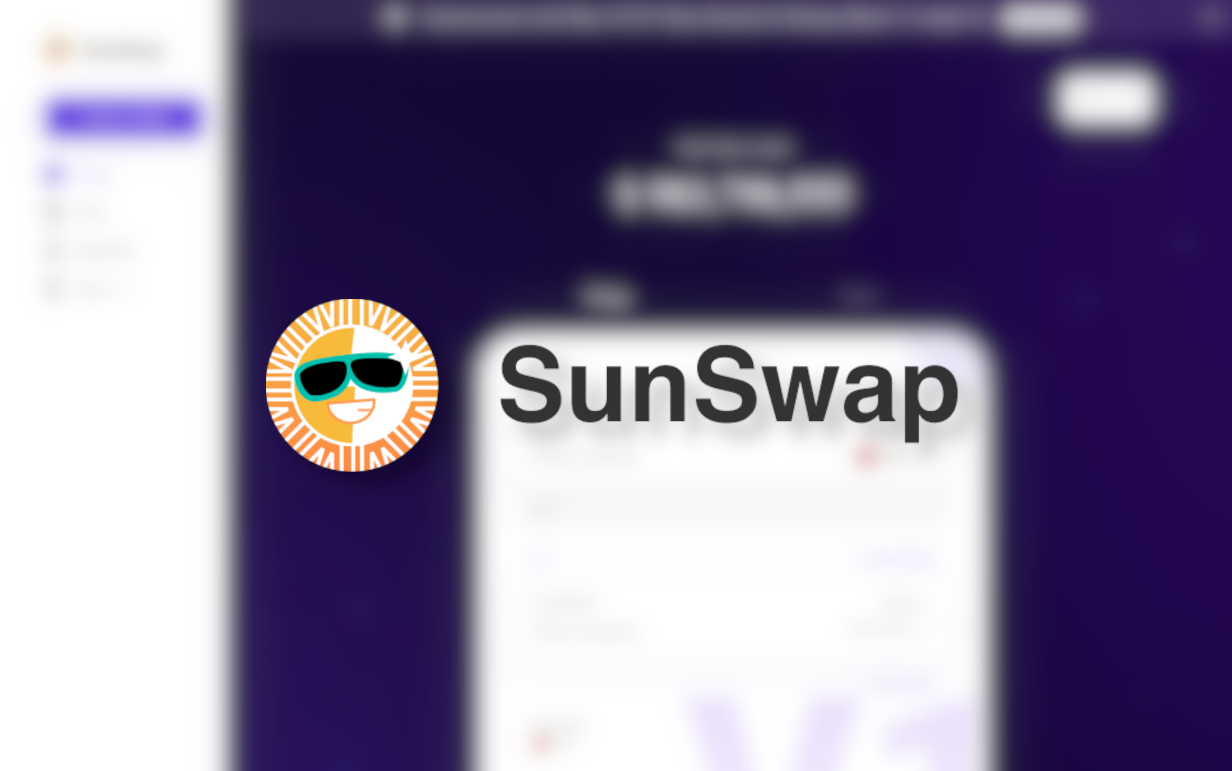
SunSwap is an AMM built on the TRON blockchain with very similar functionality to Uniswap – you can use it to either swap between different TRON-based tokens, or provide liquidity to earn rewards. SunSwap also has a liquidity mining program where users can stake LP tokens to earn rewards in the form of TRX and other tokens.
$SUN.io acquired JustSwap in October 2021 and renamed the DEX to SunSwap. As a part of the change in ownership, a native utility and governance $SUN Token was introduced to the platform. To put inflationary pressure on the $SUN Token, its circulating supply is regulated via the $SUN Buyback & Burn program.
If you’re an avid user of the TRON blockchain, JustSwap is one of the main options for decentralized trading that’s worth considering. Thanks to TRON’s delegated-proof-of-stake design, trading on JustSwap is also cheap and fast.
SunSwap summary
- Decentralized exchange on the TRON blockchain
- Based on the AMM model
- Swap between TRON-based tokens or provide liquidity to earn fees
- Liquidity mining program
Trade on SunSwap
11. CoW Swap - A DEX aggregator with MEV protection
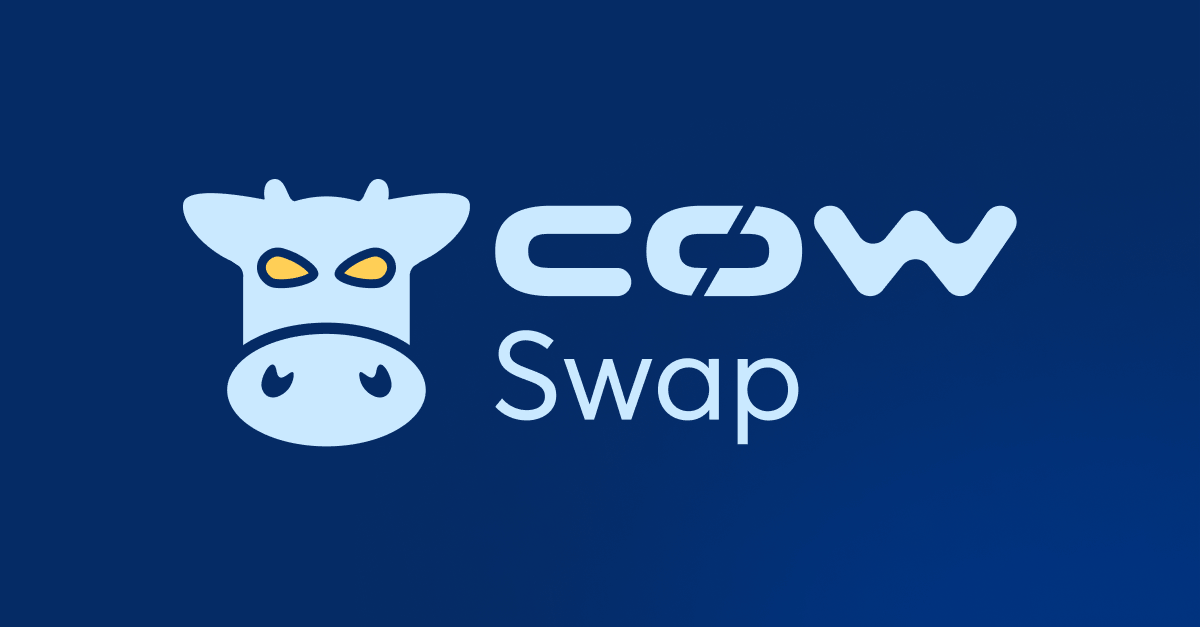
CoW Swap is a unique decentralized exchange aggregator that protects users from various forms of MEV (maximal extractable value) such as arbitrage, front running and sandwiching. The ultimate result of this is that users on CoW Swap are likely to get a better deal than if they were using another DEX or aggregator with no MEV protection.
In fact, CoW Swap is described as a "meta" decentralized exchange aggregator, as it acts as an aggregator of aggregators. As such, it looks at decentralized exchanges directly, as well as other aggregators to find the best possible price for users.
The name CoW Swap is derived from the economic concept of a "Coincidence of Wants". CoW Swap implements batch auctions to facilitate direct settlements between traders instead of relying on market makers or external liquidity providers (where possible).
As an interesting aside, we should mention that Ethereum inventor Vitalik Buterin used CoW Swap to sell his MKR token holdings.
CowSwap summary
- Aggregator of aggregators
- Provides MEV protection to ensure the best deals
- Based on the concept of Coincidence of Wants
Trade on CoW Swap
12. DODO DEX - Best alternative for reduced impermanent loss risk
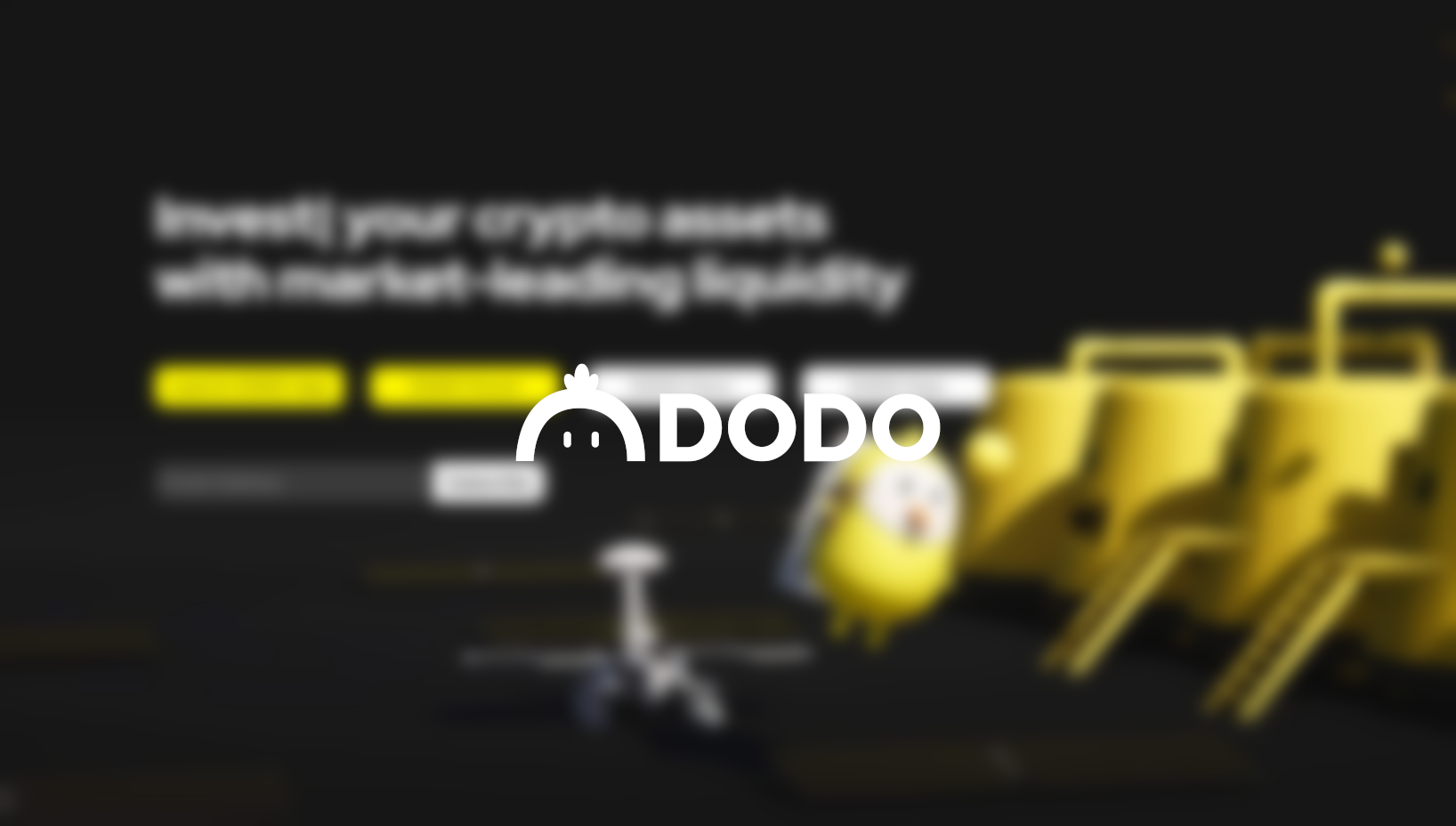
DODO DEX is a decentralized exchange that uses a Proactive Market Maker (PMM) design, which is a variant of the AMM design we’ve already discussed in this article. According to the DODO DEX team, the PMM design reduces the risk of impermanent loss faced by liquidity providers. Another interesting feature of DODO DEX is that liquidity providers don’t have to deposit two tokens to a pool, as the protocol supports single-token deposits.
From the trader’s perspective, PMM helps reduce slippage, allowing for trades to be executed at more predictable prices.
DODO DEX is live on both the Ethereum and Binance Smart Chain blockchain platform, and also has some unique features like Crowdpooling, which gives cryptocurrency projects a new way of distributing tokens to users.
The DODO token is used to facilitate governance, but also powers a fee-sharing mechanism and provides membership perks. For example, DODO holders can access trading fee discounts on DODO DEX and participate in initial DEX offerings hosted by the platform.
DODO DEX summary
- Decentralized exchange on Ethereum and Binance Smart Chain
- Uses the Proactive Market Maker design, which is a variant of the Automated Market Maker design
- DODO token enables governance and gives special benefits to holders
- The platform also hosts initial DEX offerings (IDOs)
Trade on DODO DEX
13. Orca - The most popular DEX on Solana
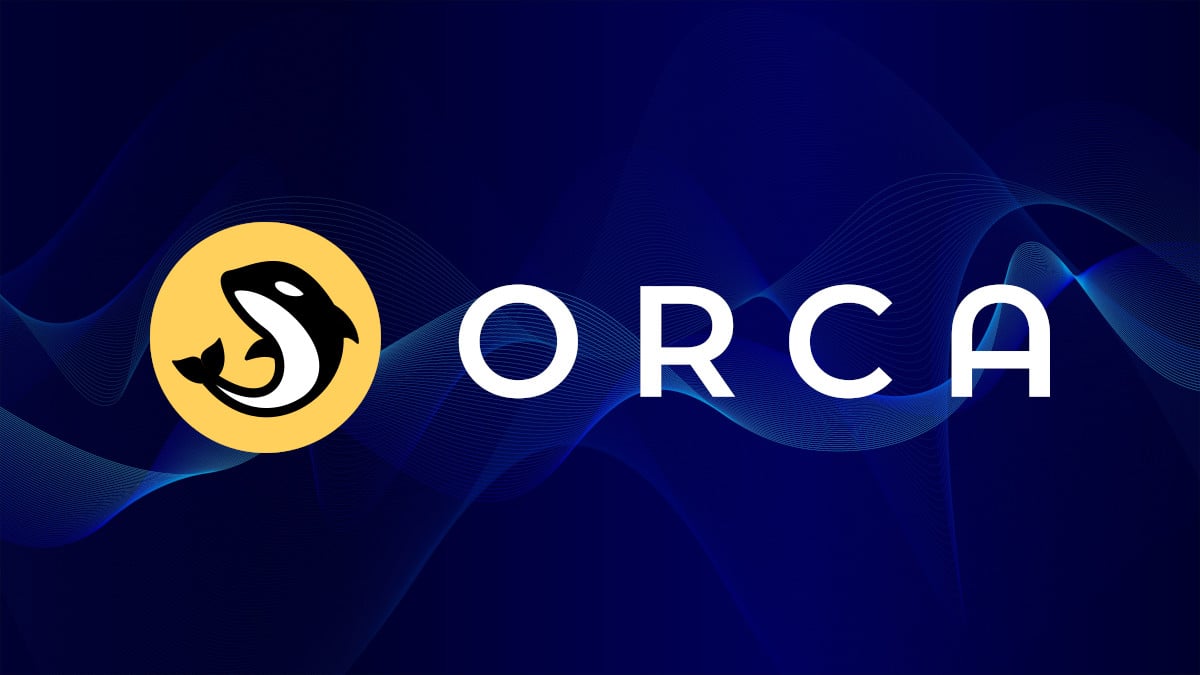
Orca is a Solana-based decentralized exchange that has received backing from prominent crypto investors such as Polychain, Placeholder, Solana Ventures and Coinbase Ventures. At the time of writing, Orca is the leading decentralized exchange on the Solana blockchain, with nearly $300 million in 24-hour trading volume.
While Orca's TVL and trading volume suffered following the collapse of the FTX cryptocurrency exchange, this DEX saw a major resurgence in 2023 during the Solana bull run. With more and more DeFi activity happening on Solana, Orca is a natural destination for users looking to swap Solana-based tokens.
Orca sports solid liquidity and an excellent user experience, and a portion of the trading fees collected by the platform goes towards the Orca Climate Fund, which invests in enterpreneurs who are focused on sustainable technologies. In total, the Orca Climate Fund has raised over $1.6 million in this way. The Orca DEX has a governance token called ORCA, which allows users to influence key decisions related to the protocol.
Orca summary
- The go-to DEX for Solana token swaps
- Good liquidity and excellent user experience
- Portion of transaction fees is used to fund sustainable technologies
Trade on Orca
14. Osmosis - A feature-packed DEX for the Cosmos ecosystem

Launched in June 2021, Osmosis is a decentralized exchange (DEX) project that uses the automated market maker approach to determine prices of digital assets, facilitate peer-to-peer (P2P) trading, and run liquidity pools. Built using the Cosmos SDK, the Layer-1 Osmosis blockchain allows developers to deploy customized AMMs by using various trading modules and Osmosis’ Proof-of-Stake (PoS) enabled on-chain governance.
Osmosis is the leading decentralized exchange in the Cosmos ecosystem, and has a TVL of roughly $185 million with a daily trading volume of $60 million at the time of writing. The Osmosis protocol is governed by holders of the OSMO governance token.
Besides basic token swaps, the Osmosis ecosystem also includes a variety of other trading tools including staking, margin trading and on-chain perpetual futures contracts.
Osmosis summary
- Leading decentralized exchange in the Cosmos ecosystem
- Governance through the OSMO token
- Also powers features such as margin trading and perpetuals
Trade on Osmosis
Why do I need alternatives to Uniswap?
The Uniswap team has developed a great protocol, which is likely to stand the test of time as one of the most successful projects in DeFi. However, competitors are also making their case, and this competition will ultimately bring better products for everyone to use. You might also want to find alternatives to Uniswap if your swaps on Uniswap are failing or if there is insufficient liquidity on Uniswap.
If you’re using a blockchain like Binance Smart Chain or TRON where there is no Uniswap, it’s always good to know that there are suitable alternatives that you can use to trade tokens. Even on Ethereum, where Uniswap is currently dominating, other DEXes might provide unique perks or better prices.
Meanwhile, if you're also interested in centralized exchanges, make sure to check out our list of the best crypto exchanges in 2024.
 coincodex.com
coincodex.com
